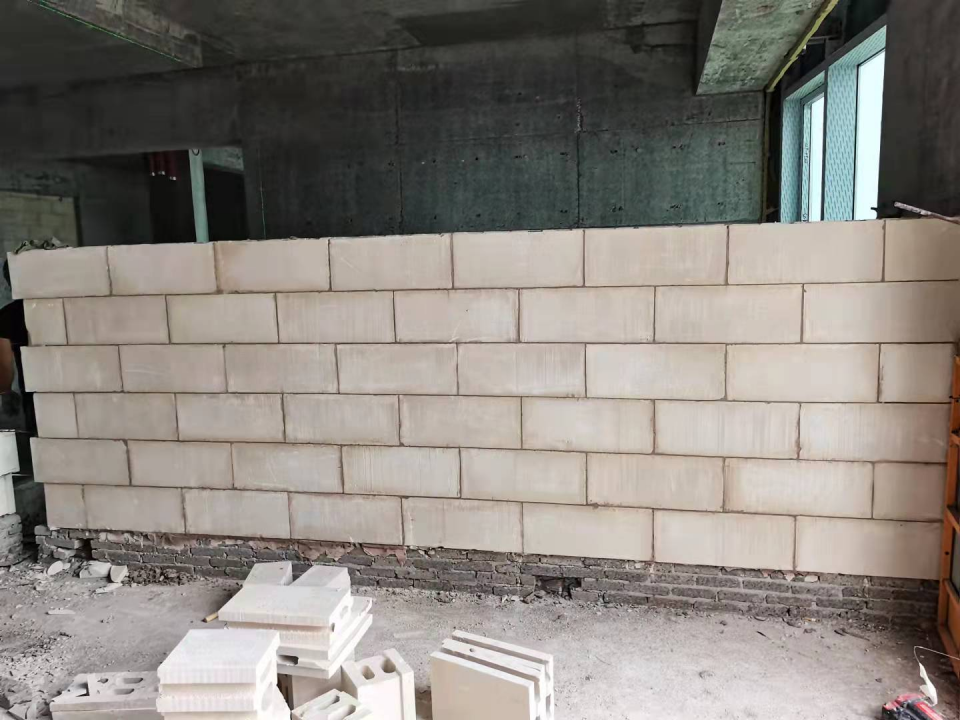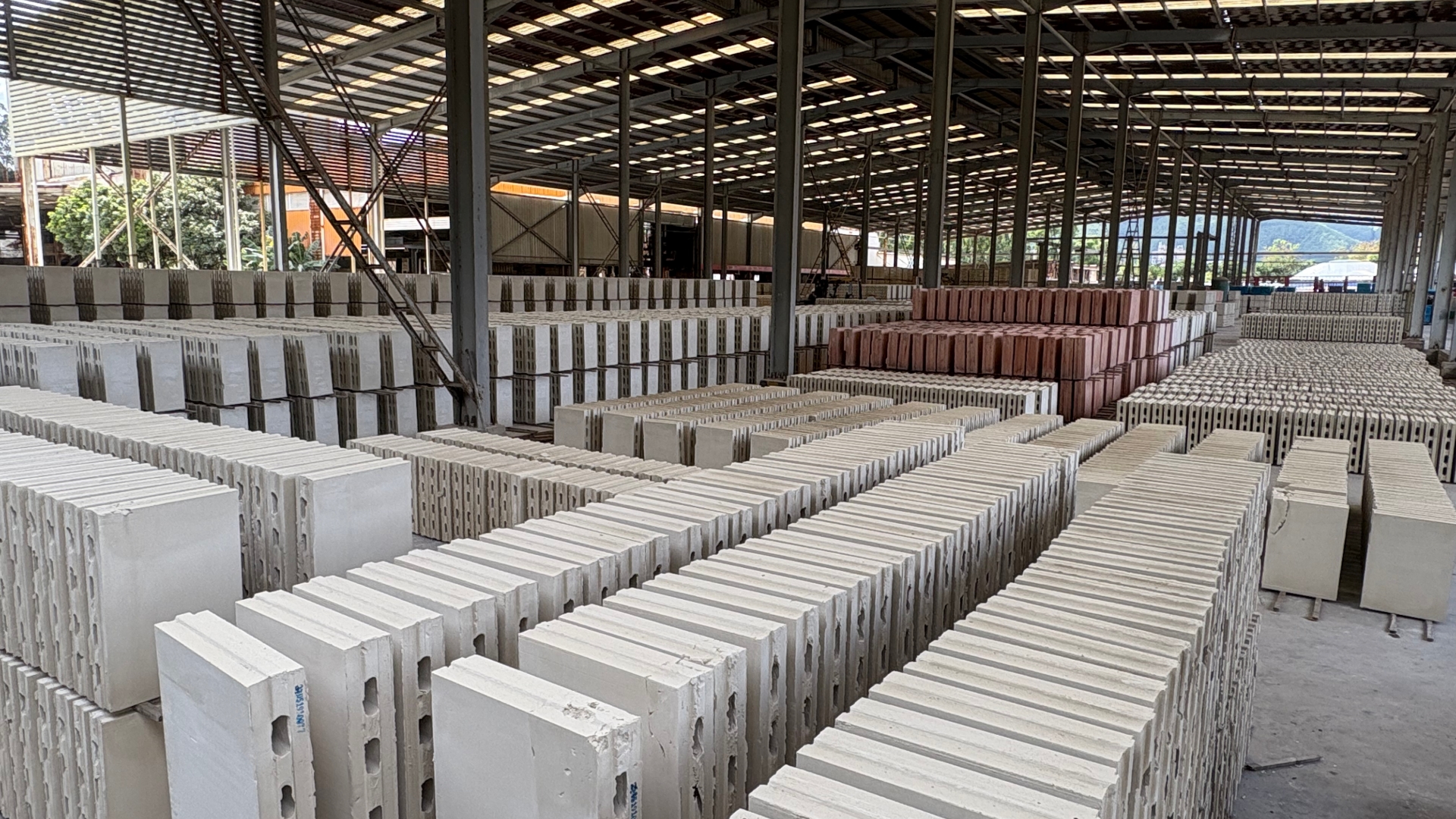The energy consumption of buildings in China accounts for over 40% of the total energy consumption, and the energy consumption of building materials also accounts for a considerable proportion of the building energy consumption. Under the policy of environmental protection and energy conservation, China has reformed and imposed strict requirements on wall materials.
With the development of the times, the application of moisture-proof gypsum blocks has also rapidly expanded. As a new type of environmentally friendly and energy-saving wall material, it has become the preferred material for many public and civil building interior and exterior partitions. Compared with other wall materials, the advantages of moisture-proof gypsum blocks are obvious, and it will have a large market in the future.
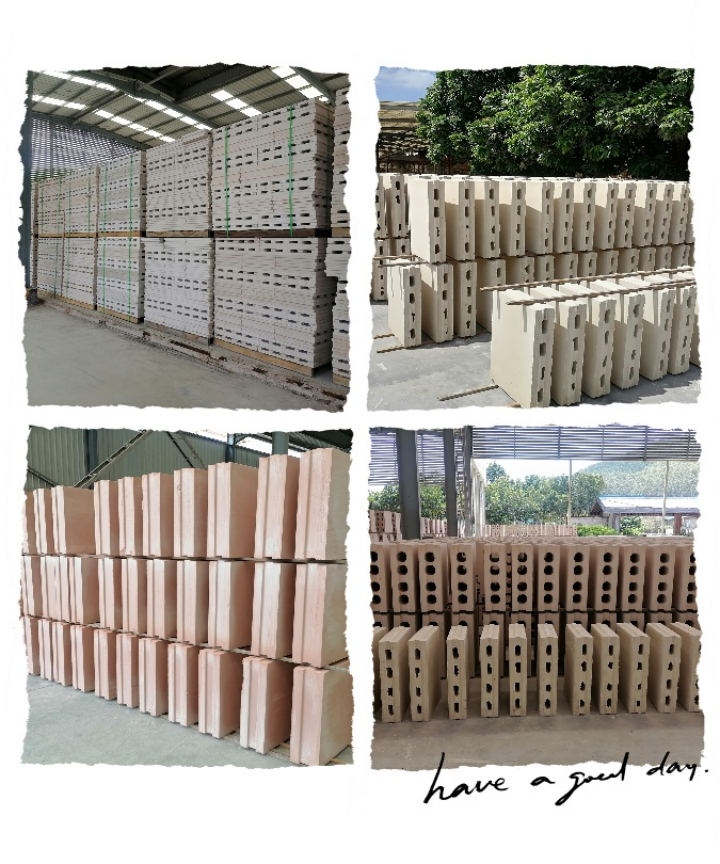
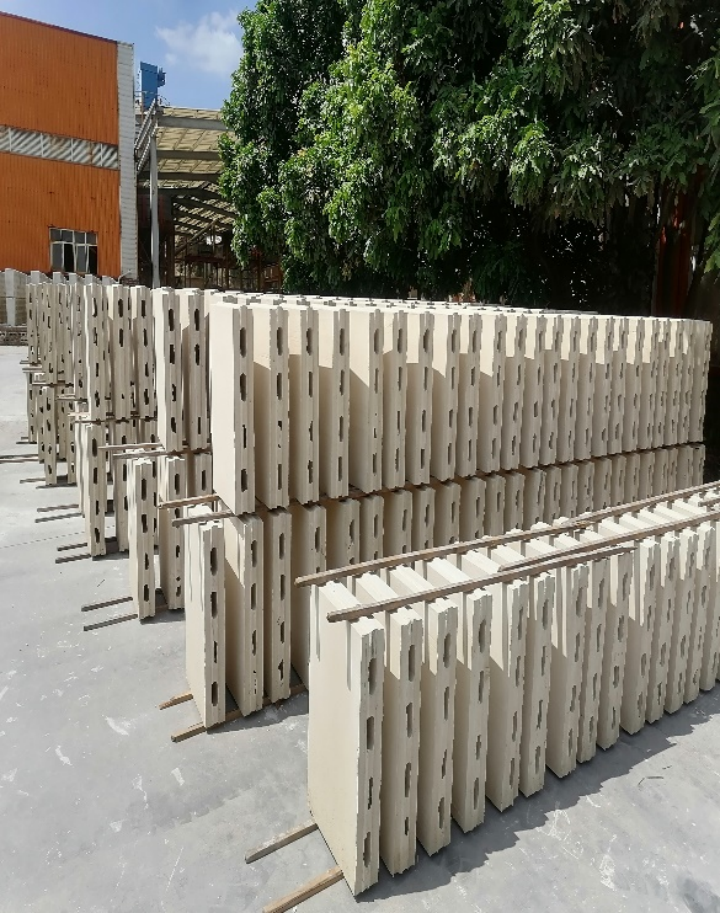
Moisture resistant gypsum blocks are made by reusing desulfurization waste materials generated by coal-fired power plants, calcining desulfurization gypsum, adding a certain proportion of natural gypsum, chemical gypsum, etc. to form a slurry, injecting it into molds, and mechanically forming and drying it. In this way, most of the waste residue is turned into treasure, which greatly utilizes the waste materials and reduces the damage to the environment. This moisture-proof gypsum block has obvious advantages over traditional aerated bricks:
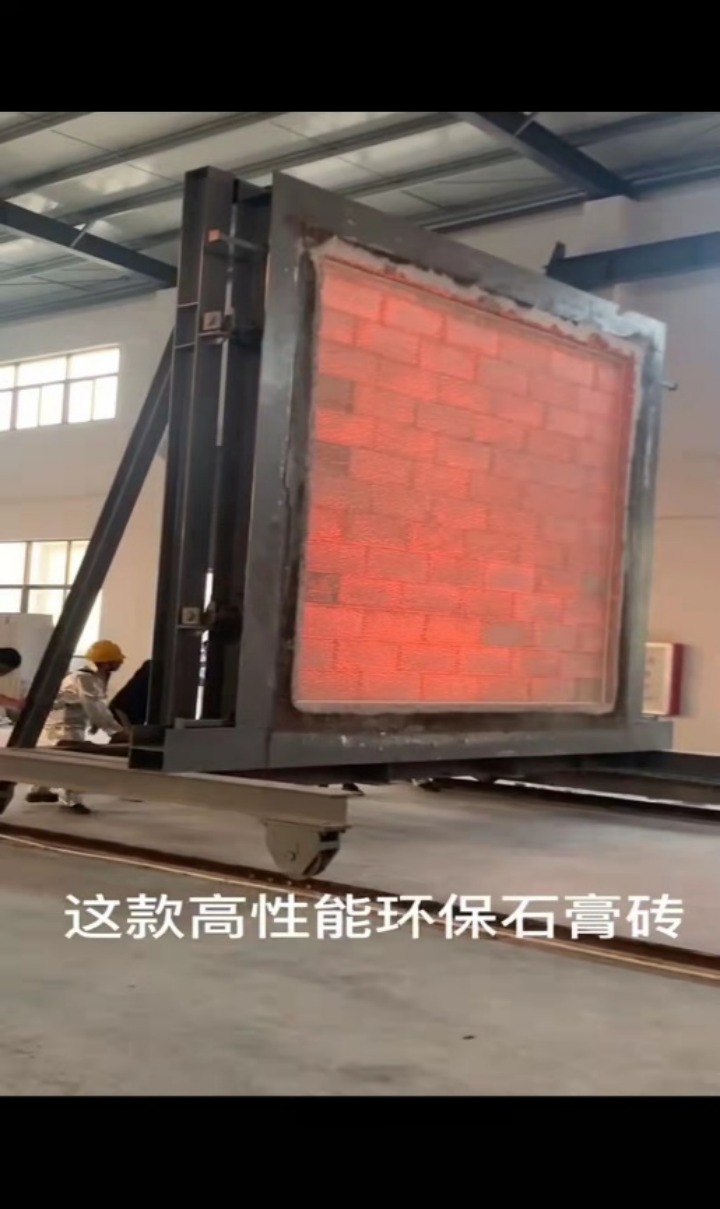
Moisture proof and heat-insulating, lightweight and high-strength: The wall is made of moisture-proof gypsum blocks, which avoids the decrease in strength caused by moisture absorption of the wall. The water absorption rate is less than 5% in 2 hours, preventing water seepage and mold growth of the wall; Compared with traditional aerated blocks, moisture-proof gypsum blocks can reduce the weight of the wall by 50%, reduce the use of materials in the main structure, and have good mechanical properties. After testing, its single point hanging force weight can reach 100kg, and its flexural strength can reach 10MPa, meeting the hanging requirements for installing air conditioners and water heaters.
Sound insulation, earthquake resistance, safety and fire prevention: The wall itself has a microporous structure inside, which has good sound insulation effect and seismic resistance. The sound insulation capacity of moisture-proof gypsum bricks is 1.23 times higher than that of aerated bricks, which can ensure the density of the interior very well. A 100m thick moisture-proof gypsum block wall with a fire resistance limit of over 4 hours and no harmful gas release, meeting the EU inspection free material standard (A1 level fire protection). After experimental testing, the wall remained intact even after being exposed to 1200 ℃ for 4 hours, and the temperature of the back fire surface did not exceed 80 ℃.
Directly built into a wall with stable performance: using moisture-proof gypsum blocks can increase indoor area, improve the actual use space of the house, and create a more comfortable living environment. Moisture resistant gypsum block is a wall material with low shrinkage and mortise and tenon structure, equipped with a special adhesive with extremely high bonding strength, making the wall more stable and less prone to cracking and hollowing.
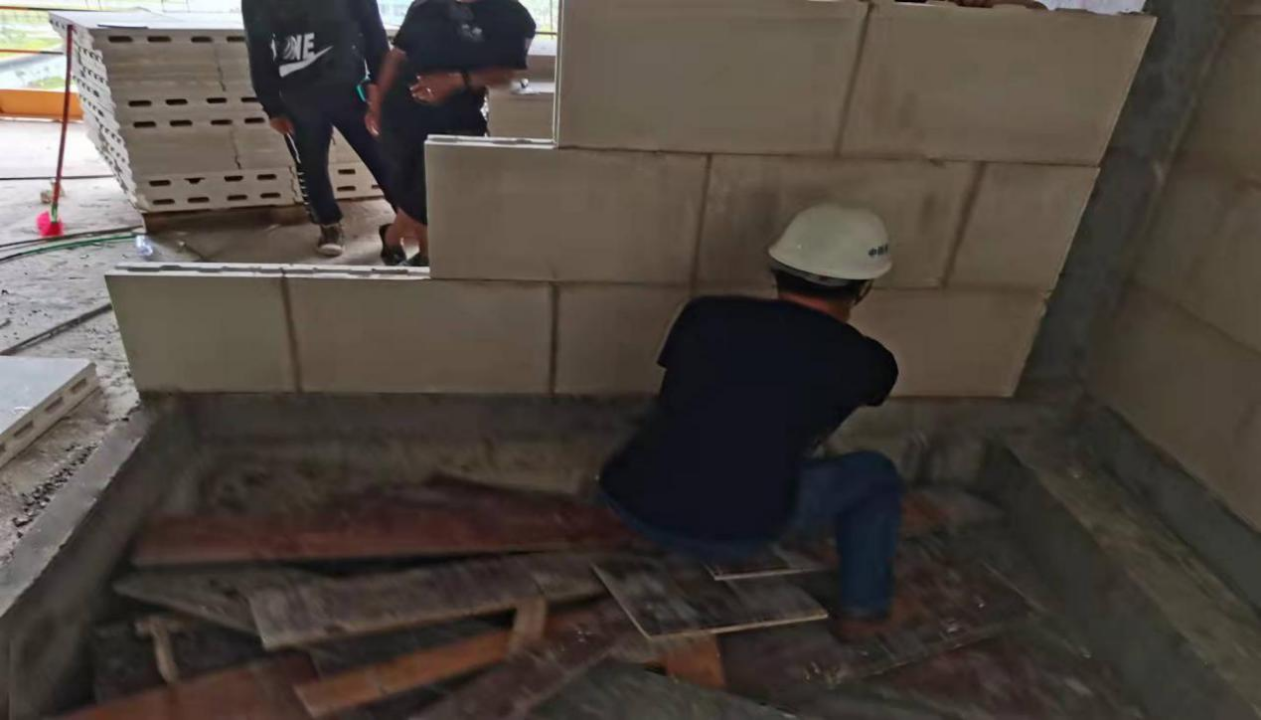
Save labor and materials, shorten construction period: using moisture-proof gypsum blocks can shorten the construction period and save construction costs; The block wall has high flatness and does not require plastering and leveling on both sides, which can save the amount of river sand. Currently, many areas prohibit sand excavation and suction in rivers to protect the ecological balance and surrounding environment. The use of moisture-proof gypsum blocks can greatly reduce the use of river sand and protect the river ecology. Eliminating the need for two sides of cement mortar plastering and leveling greatly increases the building's clearance area and saves on fine decoration costs. After the wall is formed, putty and paint can be directly applied to reduce the cost of building construction.
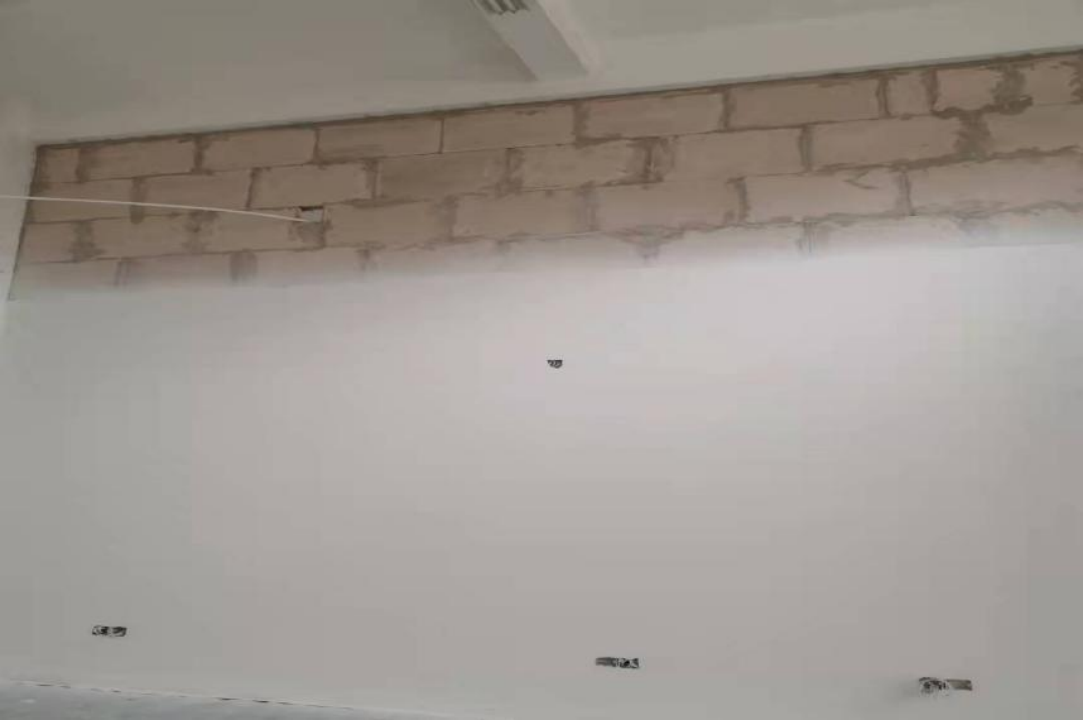
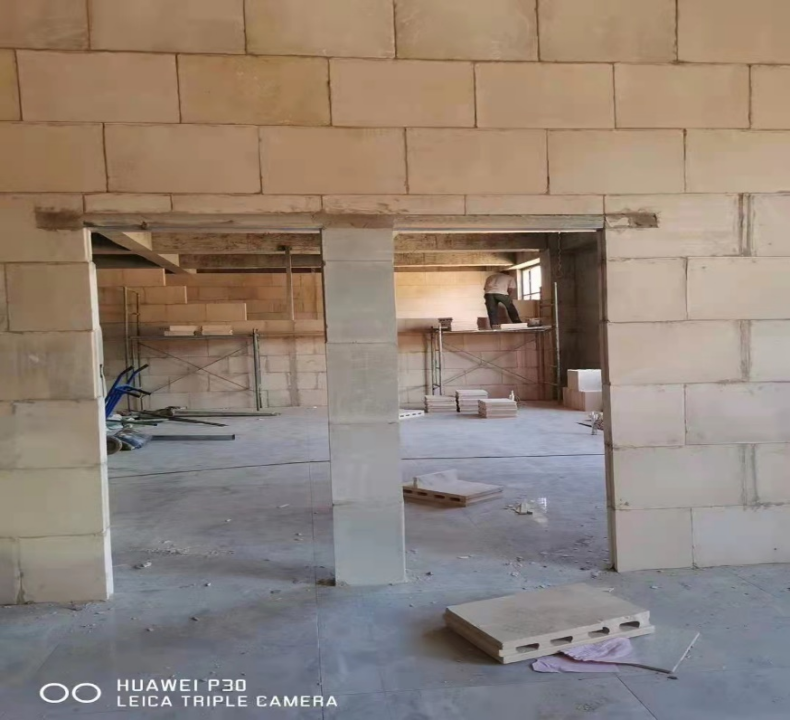
Warm in winter and cool in summer: Moisture resistant gypsum blocks have good insulation ability, with a thermal conductivity about 3.75 times lower than traditional clay bricks. They have excellent insulation and heat insulation effects, which can effectively reduce indoor temperature loss and achieve energy-saving effects, greatly improving the comfort of the living room. They are particularly suitable for various civil and commercial residential interior walls, and have better insulation and heat insulation performance, making the house warm in winter and cool in summer.
Green and environmentally friendly, new and harmless: Moisture proof gypsum blocks are made from dihydrate gypsum produced and emitted by coal-fired power plants and other enterprises as raw materials. They belong to environmental protection and waste utilization, and have low production energy consumption; There is no odor, pollution, or radioactivity during use, and no harmful substances such as formaldehyde or radioactive elements are produced; And during the construction process, it is cleaner and more environmentally friendly than traditional cement mortar masonry, which can reduce the generation of construction waste and ensure a clean construction site environment. During building renovation, gypsum walls can be removed and reused as raw materials, reducing construction waste, which cannot be achieved with aerated blocks.
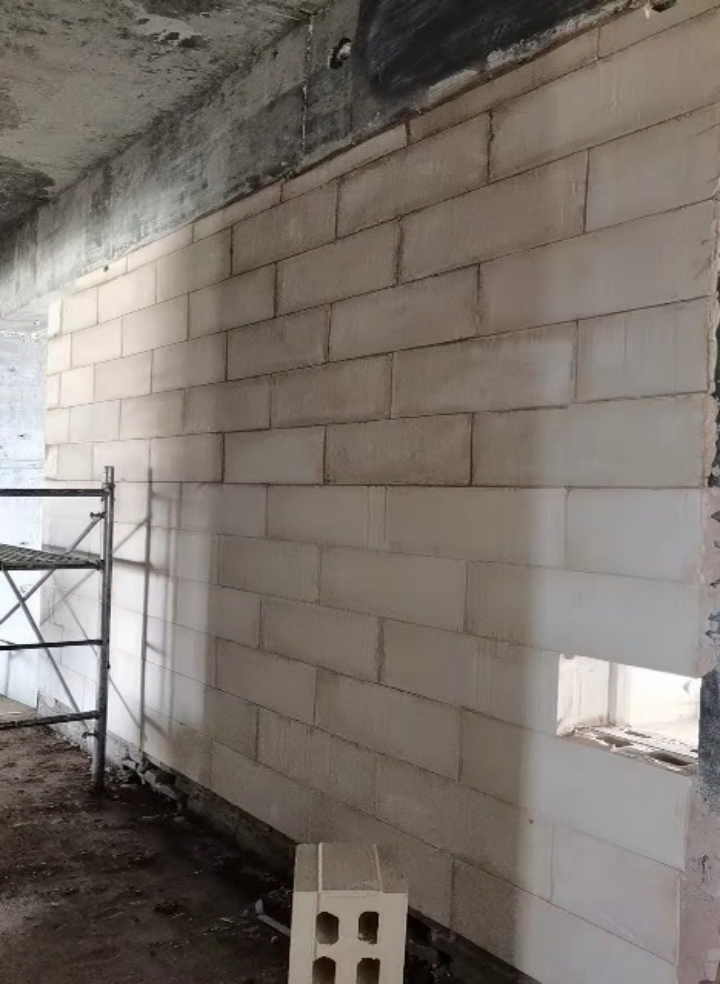
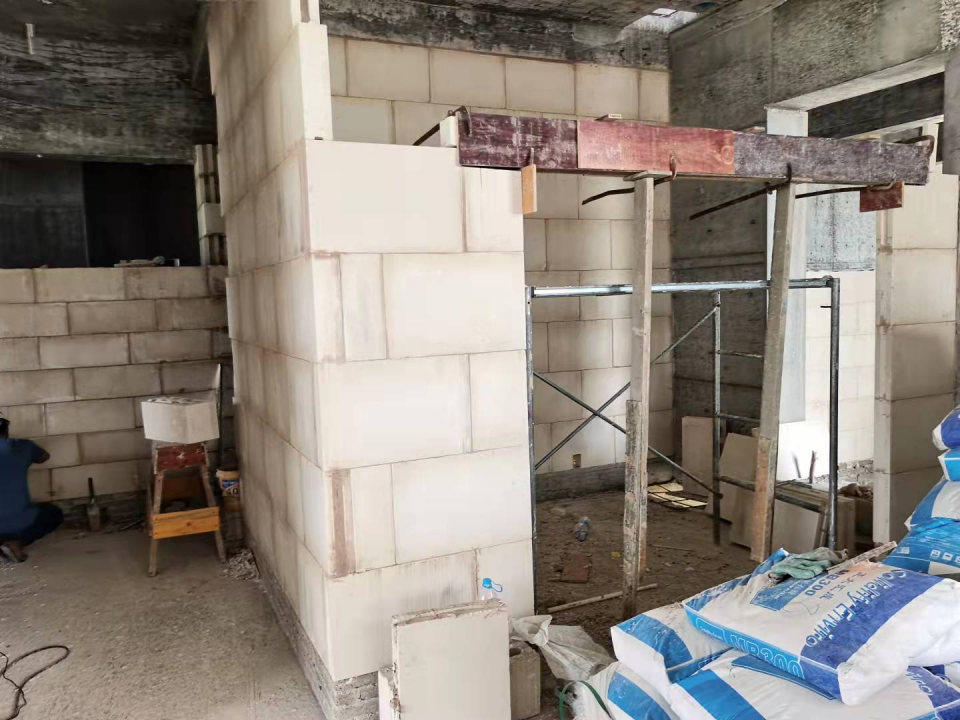
In order to address the challenges brought by global climate change and environmental pollution, and achieve sustainable economic development, China announced for the first time in 2020 that it will strive to achieve carbon neutrality before 2060. It can be imagined that China is determined to achieve harmonious development in environmental protection and has clear goals. The advantages of moisture-proof gypsum blocks are obvious. Under the promotion of national policies and the concept of promoting harmonious coexistence between humans and nature, this new environmentally friendly material for moisture-proof gypsum blocks will definitely become the mainstream block material in the market.
